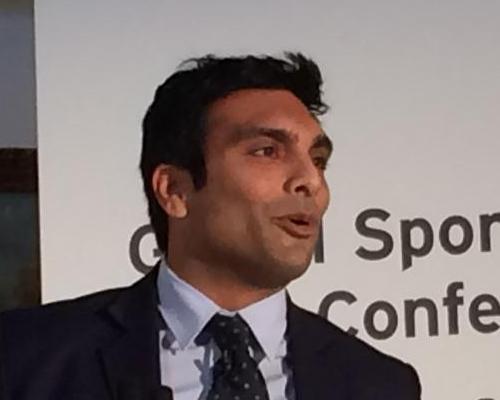24 Feb 2016
Populous to consult on Indian football stadium development
BY Matthew Campelli

Populous – the architects behind the London 2012 Olympic Stadium – are consulting on the design of a new football stadium in Pune as Indian soccer attempts to scale up.
During the presentation of his report, titled Development of Football in India, Libero Sport business director Neel Shah revealed that the studio was working with large Indian firm DSK Group on the design as the latter seeks to build a ‘Dream City’ in Pune with “six world-class sporting venues”.
The ‘Dream City’, said Shah, is a township which will include a football stadium, a cricket ground and basketball and tennis arenas. It will be built next to the football academy DSK established in partnership with Liverpool Football Club.
“DSK wants to have a long-term impact on Indian football,” said Shah at UK Trade and Investment's Global Sports Projects Conference in London. “It is willing to seek out the best global practices.”
Shah highlighted Populous’ relationship with DSK to demonstrate the opportunities for British companies to win business in India for football development. He said the sports market is due to grow from a £1.4bn (US$2.5bn, €2.3bn) enterprise, which it is currently, to a £2.8bn (US$3.9bn, €3.6bn) business in 2020, with football playing a significant part.
According to the report, 300-400m Indians are watching football, while half (600m) of its 1.25bn population is under-25 – the demographic most likely to connect with football. The Indian Super League launched in 2014, and has an average attendance of 27,000 – the fifth largest in world football. In 2017, the FIFA under-17 World Cup is being held in the nation as well.
Areas of opportunity highlighted were “stadium and academy development, coaching, broadcasting and technical expertise”.
Shah admitted that fostering grassroots football in India was a “challenging” task as there was very little scope for commercial return, but said there was some opportunity as Indian law now states that large multinational companies must plough 2 per cent of their investments into corporate social responsibility (CSR) operations, which could include the development of grassroots facilities and projects.
Close Window